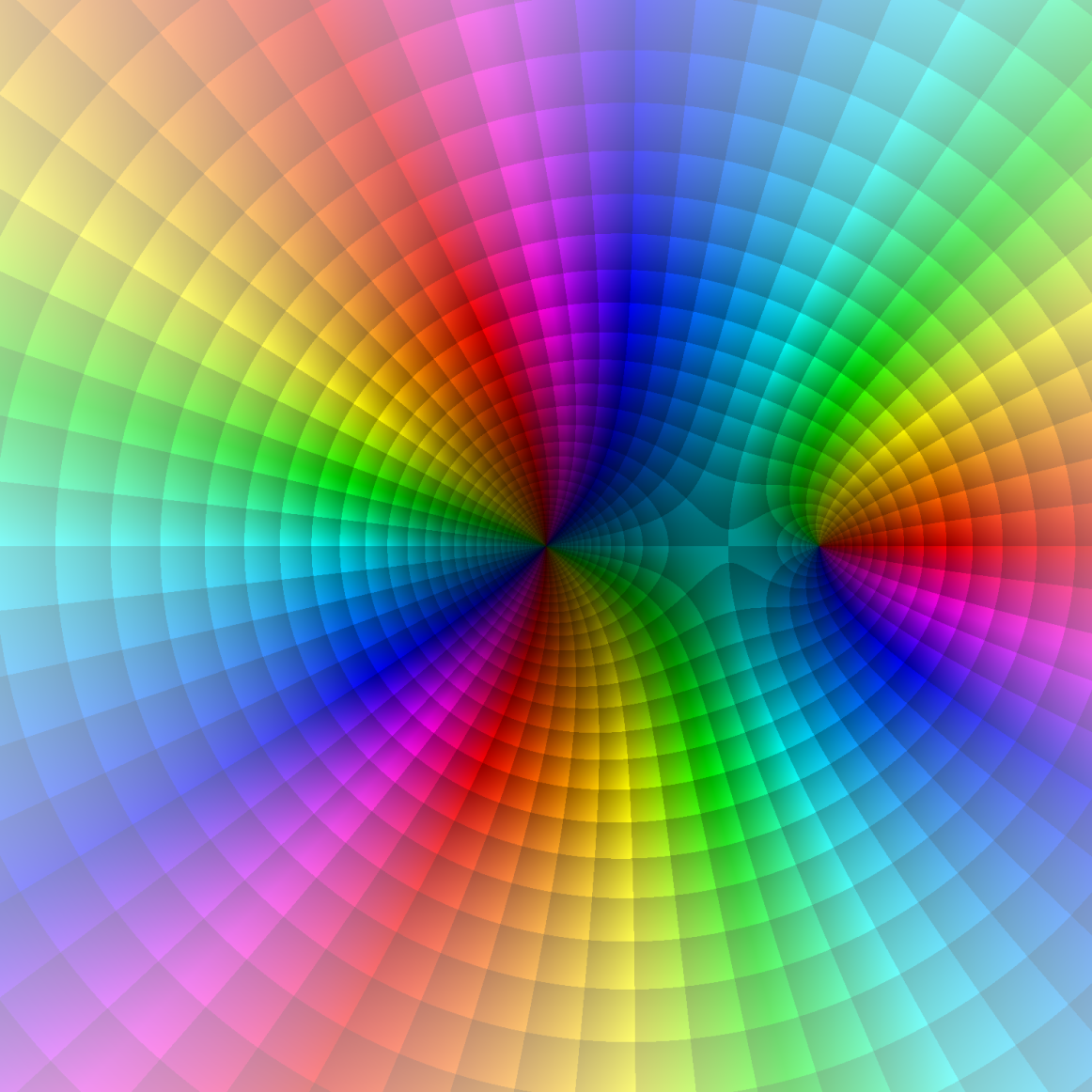matthias beck

|
MATH 380: Introduction to Complex Analysis Spring 2025 |
 |
| Lecture | Mon/Wed/Fri 10:00-10:50 a.m. HH 804 |
| Prerequisites | MATH 228 & 301 with grades of C or better or consent of the instructor |
| Instructor | Dr. Matthias Beck |
| Office | Creative Arts 32 |
| Office hours | Mondays 11-12, Wednesdays 2-3, Fridays 12-1, by appointment, and via zoom |
Course objectives. Our goal is to study the calculus of functions in one complex variable. That is, we will look at concepts of real-variable functions and see which of these concepts and their accompanying theorems can be transferred into the complex realm, which have to be modified, and which don't exist in the world of complex numbers. We will see that there are concepts and theorems in all of these three categories.
Syllabus. Topics in this course will include:
Textbook. M. Beck, G. Marchesi, D. Pixton, and L. Sabalka, A First Course in Complex Analysis, version 1.54 (2018).
The math. The way to learn math is through doing math. One doesn't become a good piano player by listening to good music, and one doesn't learn how to shoot free throws by watching basketball games. Similarly, you don't learn mathematics by watching someone else do mathematics. You will be doing a lot of the math in this course. It is vital and expected that you attend every class meeting. You will get a good feel for the math from there, but it is even more crucial that you do the homework. Working in groups is not only allowed but strongly recommended.
Axioms & first principles. Our class is based on Federico Ardila's Axioms:
Homework. I will assign homework problems as we go through the material. You may (and should) work together with your class mates. You may not search the internet for solutions to problems; we will use our creativity, course texts, and peer collaboration as our tools. We can discuss the homework problems at any time during class, and you can hand in (or bring to my office hours) any of your solutions for feedback. The homework problems from any given week will be due before the following Monday class. You can either bring your homework to class or send me a pdf copy via email.
Sage. You will be expected to use the open math software sage in some of your homework assignments. Here is a good introduction to sage. I will add useful sage commands for our class here.
Grading system. In our course, we will use a specifications-based assessment and grading system, which has the following key features:
| A | B | C | D | |
| Participation (out of 20) | 16 | 14 | 12 | 11 | Homework (out of 50) | 45 | 41 | 33 | 25 | Definition exams (out of 15) | 13 | 12 | 10 | 8 | Problem exams (out of 15) | 12 | 11 | 9 | 7 |
I want to ensure that each of you accomplishes the goals of this course as comfortably and successfully as possible. At any time you feel overwhelmed or lost, please come and talk with me.
Fine print.
SFSU academic calender
BS rule
Academic Integrity and Plagiarism
Tutoring
CR/NCR grading
Incomplete grades
Late and retroactive withdrawals
Students with disabilities
Religious holidays
This syllabus is subject to change. All assignments, as well as other announcements on tests, policies, etc., are given in class. If you miss a class, it is your responsibility to find out what's going on. I will try to keep this course web page as updated as possible, however, the most recent information will always be given in class. Always ask lots of questions in class; my courses are interactive. You are always encouraged to see me in my office.
department of mathematics
san francisco state university
1600
holloway ave
san francisco, ca 94132
mattbeck | @ | sfsu.edu |